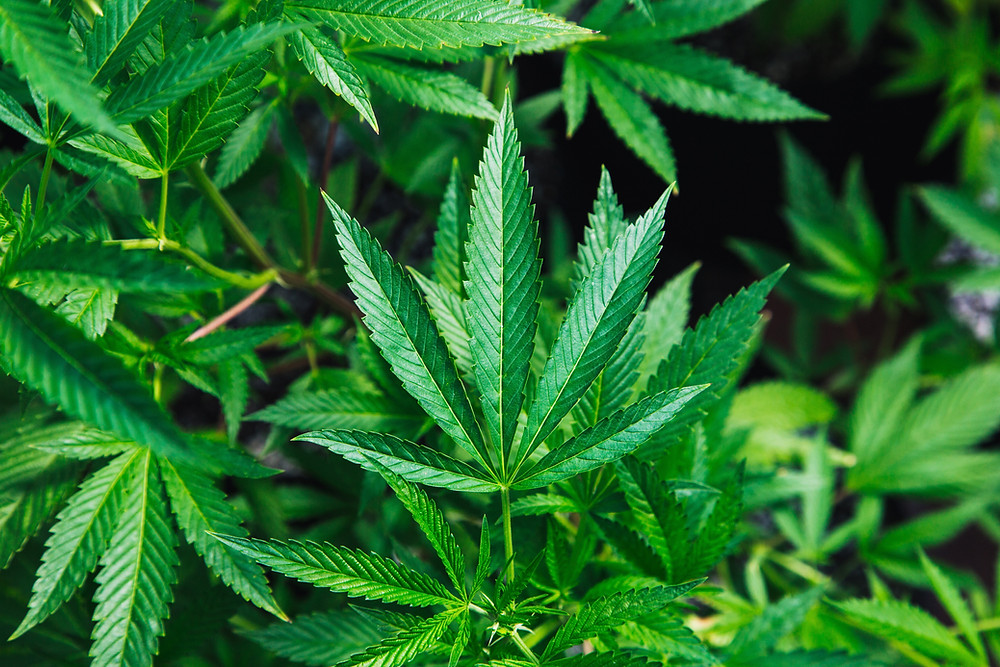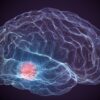Although the use of medicinal marijuana may alleviate symptoms of chronic pain and affective disorders, it could also result in the onset of cannabis use disorder (CUD), according to new research in JAMA.
As part of a randomized clinical trial of 186 participants, the research was conducted between July 2017 and July 2020 in the Greater Boston area.
“Participants were adults aged 18 to 65 years with a chief concern of pain, insomnia, or anxiety or depressive symptoms,” the JAMA report states.
“Participants were randomized 2:1 to either the immediate card acquisition group or the delayed card acquisition group. Randomization was stratified by chief concern, age, and sex.”
The group of participants known as the immediate card acquisition group that obtained a medical marijuana card immediately after randomization were more likely to report more cannabis use disorder symptoms.
“This randomized clinical trial found that immediate acquisition of a medical marijuana card led to a higher incidence and severity of CUD; resulted in no significant improvement in pain, anxiety, or depressive symptoms; and improved self-rating of insomnia symptoms,” the study’s authors revealed.
“Further investigation of the benefits of medical marijuana card ownership for insomnia and the risk of CUD are needed, particularly for individuals with anxiety or depressive symptoms.”


